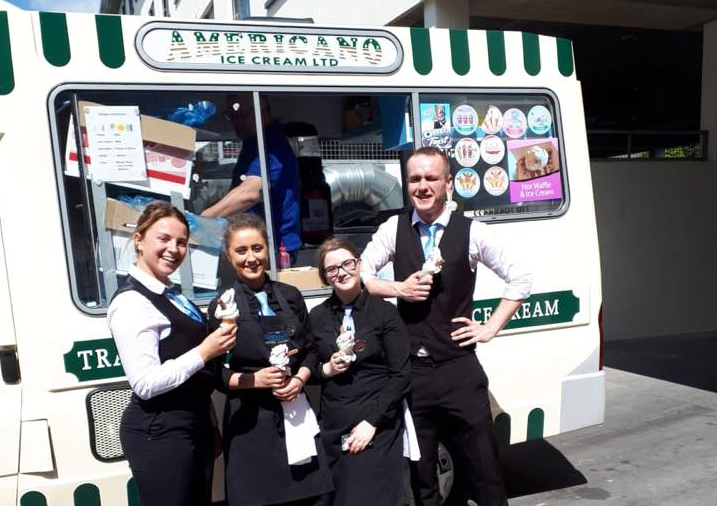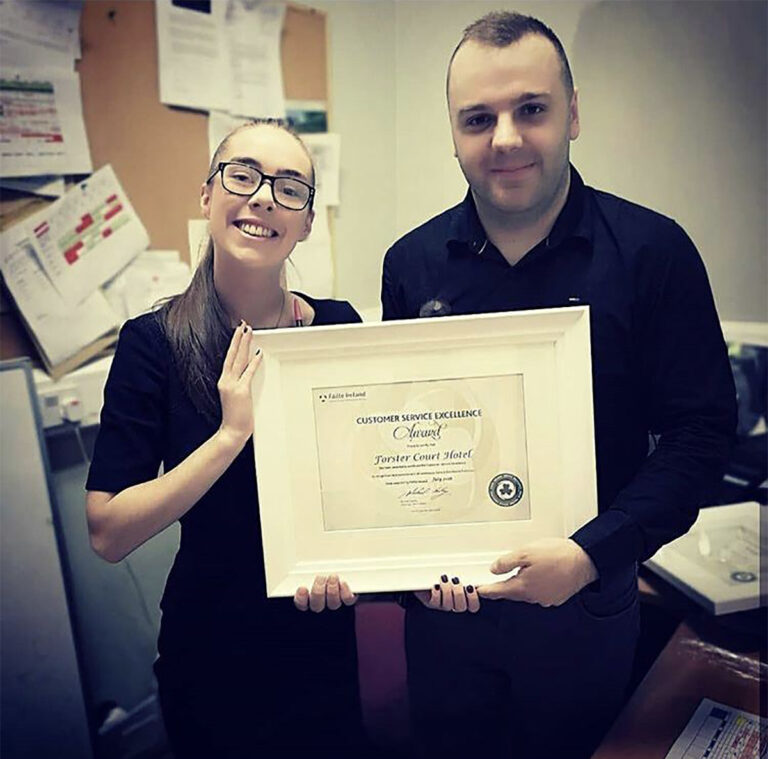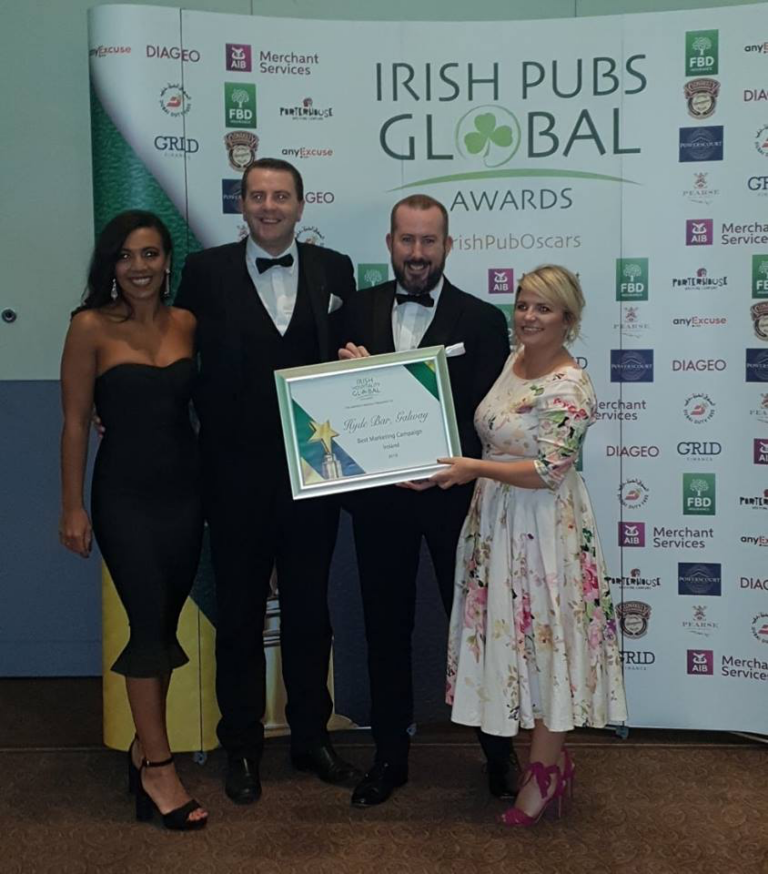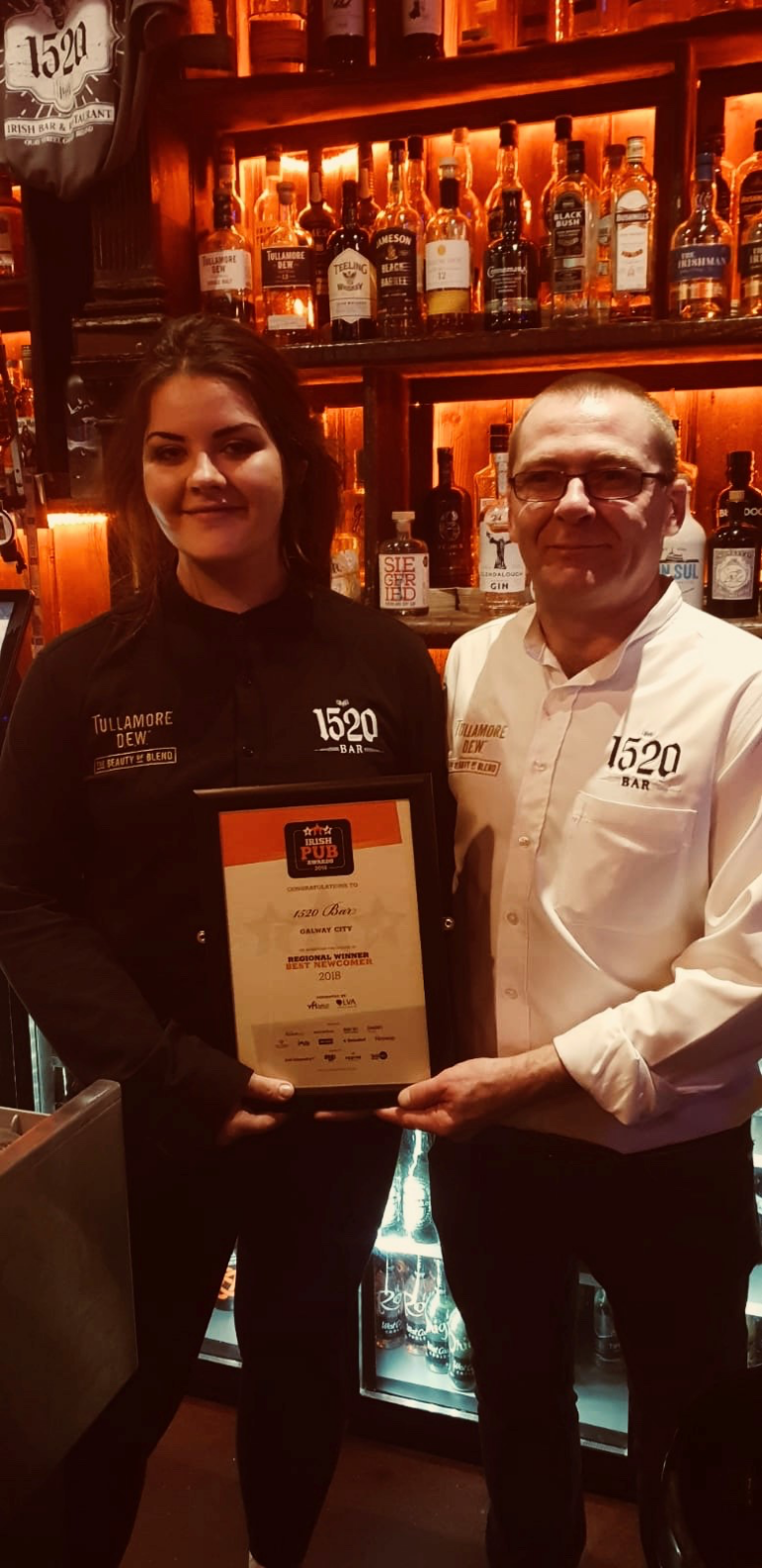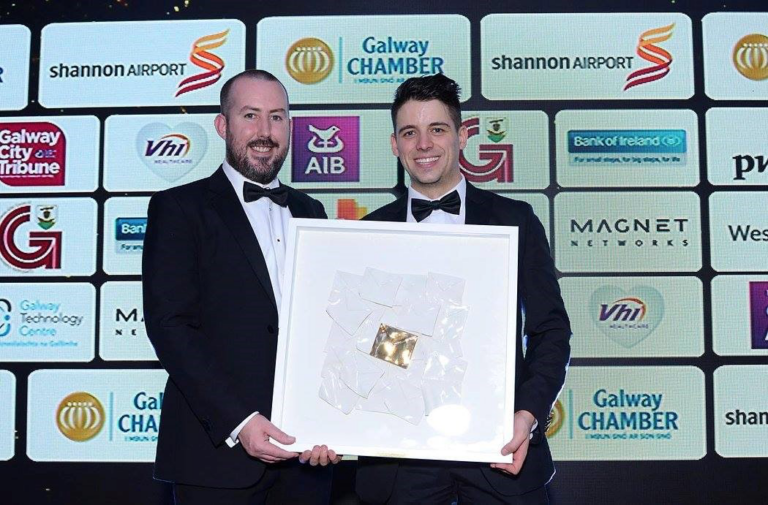The purpose of these blogs is to detail Connacht Hospitality Group’s experience during the pandemic and what we believe are the urgent supports needed for the recovery of our industry.
The Government Supports to date have been critical to businesses across the country. It does not change the reality that our teams in our 5 businesses have been impacted or temporarily laid off 3 times in 9 months. This situation has been replicated in businesses across the country. The third lockdown was announced 3 days before Christmas Day. Suffice to say it was not a peaceful festive period for all, as many in our industry face an uncertain 2021.
The high number of cases and deaths reported since the start of 2021 is very worrying. The lives lost, the impact on their families & friends and the challenges faced daily by those in the frontline of our Health Service puts things into perspective. There can be no reasonable expectation from anyone within the Hospitality sector of a commitment to a reopening date from Government for the moment. The priority now must be to suppress the incidence rate of the virus. While it may look bleak now, there are green shoots on the pathway to recovery.
The Good
The Vaccine carries the hopes & dreams of many. An efficient and effective vaccine roll out strategy is critical and will provide the quickest route to some semblance of normality. This should allow for the implementation of a sustainable living with Covid-19 plan.
The meeting with Tánaiste Leo Varadkar, Finance Minister Paschal Donohue & Tourism Minister Catherine Martin attended by CEO’s of the Industry Representative Groups is a very positive development. It is encouraging to see the collaborative approach by the IHF, VFI, LVA & RAI. I am confident that the Industry’s needs will be well represented during these engagements.
The supports from Failte Ireland to date have been very well received. The 100% return of Hotel Registration Fees for 2020 and €1 fee introduced for 2021 has been a great support. The funding available through the Adaptation Fund was supportive, as are the Safety Charter Training and the Compliance checks on business. The compliance checks will support & help maintain consumer confidence. I would also like to note that our experience with assessors has been a very positive one, their knowledge and support is greatly appreciated.
Last, March, the pandemic and lockdowns hit hard & fast. There was an element of ‘shock and awe’ and the reaction was fed by the unknowing nature of it. It was easy to become disjointed as a team, but we came through it and we have learned from it. This collective knowledge will prepare our businesses better for what lies ahead. We have kept ourselves busy and focused on our planning for the future.
The positive sentiment from International guests towards Ireland as a destination post Covid-19. There have been many positive updates issued on sentiment by Tourism Ireland. The pent-up demand within the Irish leisure market. These are beacons of better days ahead, something to hold on to.
Pól Ó Conghaile’s thank you letter to Ireland’s Hospitality Industry in last Saturday’s Independent was a much-needed boost for many. “We will adapt, and we will overcome.”
And finally, having the incoming President of the United States Pro Ireland will not hurt the outlook for the future. Congratulations & best wishes to Joe Biden for his presidency & today’s inauguration.
The Bad
The last 10 months, even with the Government supports, have been costly for our business like so many others in our Industry. There has been cash burn in the business due to loan, mortgage, rental commitments, and other fixed costs. Managing Working Capital will be crucial for a successful reopening.
There has been a code of conduct introduced by Government between Landlords and Tenants on rents, it is on a completely voluntary basis so has little value. For the duration of the Pandemic, could Government not insist on protections for business owners like those afforded to tenants in the private rented sector.
There were increased anxiety levels for Hospitality employees impacted by the Pandemic this week, with the issuing of tax bills relating to receipt of PUP / TWSS supports in 2020.
Banks & Funding
Banks need to do more to assist businesses around interest forbearance. A six-month moratorium on terms loans should be put in place to support cash flow. There should also be mortgage deferments / payment break options for employees impacted by the crisis. Widely available to all, not just on a case-by-case basis
A review of the ISIF Pandemic Stabilisation and Recovery Fund should be undertaken by the Finance Minister. This is a €2 Billion fund allocated by Government, to date less than 10% of the fund has been granted. I alluded to our unsatisfactory experience in the last blog, the probability is that our application may have been recorded as successful but not accepted by applicant.
We were offered funding at 50% of our application. An offer that did not solve the issues for our company. Pre Covid-19, the existing debt attached to the Connacht Hotel was only 25% of the asset value of the company. It was on this basis that we were looking to proceed.
Overall, we believe the application met the criteria for funding as our group has been clearly and materially impacted by the pandemic and is of scale in terms of employment and economic activity or are of national or regional significance. Our group has a proven business model and was viable and profitable prior to Covid-19.
Funding received from ISIF would have allowed the Company to consolidate its’ position in the market and secure current employment levels in the Group while also increasing employment in the region and deliver a return for ISIF at a relatively low leverage.
Insurance
Last Friday the UK Supreme Court ruled against Insurance Companies in the ‘Business Interruption’ case. This is set to benefit 370,000 businesses across the UK. A ruling was also due to be made in the Irish Courts on the same day, in a ‘Business Interruption’ case against FBD Insurance. The ruling was deferred to allow both parties make further legal submissions following the UK Supreme Court ruling.
There is a key difference between the cases in each jurisdiction. The case in the UK was brought by their Industry Regulator against major insurance companies. Delivering a ruling that benefitted a high proportion of businesses impacted by Covid-19 restrictions. The case in Ireland has been brought by 4 Publican’s against one insurance company. A ruling in favour of the Publican’s in this case may not open the floodgates, but it will build the pressure on them. If only Ireland had an Industry Regulator that would stand up for the interests of businesses like their UK counterpart.
There is another notable Business Interruption case before the courts in Ireland, brought by another Hospitality business against a different Insurance company. I am sure there are many business owners eagerly awaiting the judgements in these cases.
Insurance reform is not being acted upon at the highest level. It is an issue that has been passed on by successive Governments, one that needs to be tackled once and for all. Businesses in the Hospitality Industry are disproportionately affected by vexatious claims. Legal fees mount up quickly defending these claims. Increased Insurance premiums over several years has been the reality for many. An increase that, when questioned, is often linked to increased trading levels. It will be interesting to see what amount premiums will decrease by considering reduced trading activity and consequently less risk, for the foreseeable future.
The Recovery
In an article by Eamon Quinn in The Irish Examiner on the 6th of January, the following quote is included:
“Conall MacCoille, chief economist at Davy, said that the figures showed the Government had the resources to spend more on business supports and sustaining jobs should the spike in Covid-19 cases last longer and lead to the closure of even more parts of the economy.”
From the same article: “The resilience of income tax receipts, the largest of the Government’s four main tax sources, which fell by only 1% in the year, as well as another record year for corporate tax revenues, helped the Irish Government finances weather the Covid-19 storm much better than once feared, Finance Minister Paschal Donohoe and Expenditure Minister Michael McGrath told reporters.”
The timeline for the phased exit out of the Tax Warehousing for businesses will need to be reviewed in line with support package introduced. Commercial rates will also be a concern for many businesses. Although these rates are currently waived until 31st March, an extension will be required. The commercial rates for one of our premises are just under €9,000 per week. It will be a considerable period before Hospitality businesses will be able to pay commercial rates at 2019 levels.
Large sectors of the economy have not been adversely affected by this Pandemic. It is time for the Government to engage with the Industry most impacted and agree the support package that needs to be implemented for the sustainable recovery of the Industry. A commitment to a support package now, would give assurance to many businesses and clarity for future planning, business development & their own recovery. A support package would need to ensure employees impacted are also supported.
The Hospitality Industry is more than hotels. It is our pubs, restaurants, clubs, and cafes. Hospitality is entwined in our visitor attractions, our family days out and our day at the races. It is the gigs, concerts, festivals and high-profile sports events, that we all miss. David McWilliams summed it up best when he referred to it as the “Craic Economy” in an Irish Times headline in 2020.
Pre Covid-19, Tourism businesses supported 270,000 livelihoods, representing 1 in 10 jobs in Ireland. It is and Industry worth protecting and supporting to ensure economic recovery in all communities.
Wayne Neilon,
Group General Manager,
Connacht Hospitality Group












